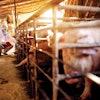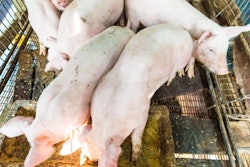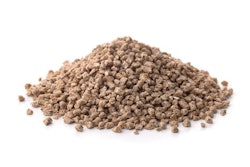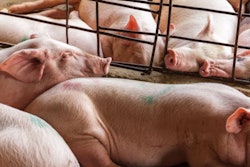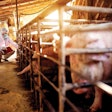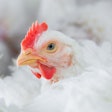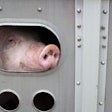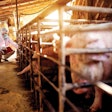
Additional AUD66 million will provide increased protections against fatal pig disease
Australia will add AUD66.6 million (US$45 million) to its biosecurity funding to address the threat of African swine fever (ASF).
According to Australia’s Department of Agriculture, the funding will provide:
- More biosecurity officers and six additional detector dogs
- Two new 3D X-ray machines for the Sydney and Melbourne mail centers
- New post-border biosecurity officers to identify and target incorrectly declared products brought into Australia for sale
- Market access negotiations to facilitate continued trade in the case of a future ASF outbreak
- Implementation of portable devices to manage passenger biosecurity, including a portable device to issue infringements and accept payments at airports
In September, Australia’s Agriculture Minister Bridget McKenzie held an emergency roundtable of experts to identify what more can be done to keep the deadly pig disease out of the country.
“African swine fever is potentially the biggest animal disease event the world has ever seen and it’s marching south through Asia, towards Australia,” she said at the time. “We need to make sure we’re doing all we can to keep this disease out so we can safeguard Australia’s 2,700 pig producers, the 36,000 jobs that rely on their businesses, and all those millions of Australians who enjoy eating our safe, high-quality bacon and pork.”
27 tons of pork found on air travelers
Between November 5, 2018, and August 31, 2019, the Australian government said 27 tons of pork have been intercepted on air travelers entering Australia.
In October, a Vietnamese traveler was denied entry into Australia after she failed to declare raw pork, poultry and seafood products upon arrival in Sydney. The traveler was detained on October 12 at the Sydney airport after it was discovered that she had 4.6 kilograms of pork and smaller amounts of quail, squid, pate, raw eggs and garlic in her luggage. The 45-year-old woman was ordered by immigration officials to return to Vietnam.
In November, a second Vietnamese traveler was denied entry into Australia for attempting to bring undeclared pork products through Sydney airport. In that incident, a 60-year-old man was carrying 4 kilograms of pork products when he arrived at the airport. He was denied entry in accordance with the Migration Act, which allows officials to terminate travel visas for biosecurity breaches.
View our continuing coverage of the African swine fever outbreak.
